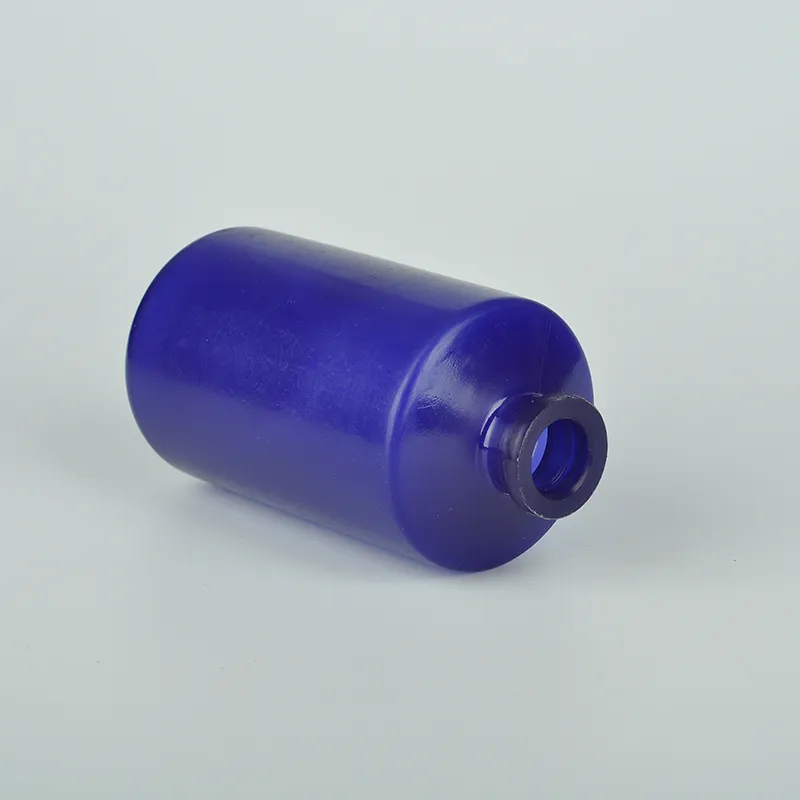15 ml polypropylene conical tube
The Versatility of 15 ml Polypropylene Conical Tubes in Laboratory Settings
In the realm of scientific research and laboratory work, the choice of equipment and materials is critical for the success of experiments and procedures. Among the numerous tools available, the 15 ml polypropylene conical tube has emerged as an essential item in many laboratories. This article delves into the features, uses, and advantages of these versatile tubes, highlighting their significance in various scientific applications.
What are Polypropylene Conical Tubes?
Polypropylene conical tubes are small laboratory containers typically made from polypropylene, a type of plastic known for its durability and chemical resistance. These tubes are designed to hold a volume of 15 ml, and their conical shape facilitates the easy collection and transfer of liquids. The tapered bottom allows for efficient sedimentation, making these tubes ideal for centrifugation processes where separating components by density is required.
Key Features
1. Material Durability Polypropylene is known for its robustness. It can withstand a range of temperatures, making it suitable for both refrigeration and heating applications. This durability ensures that the tubes do not break or deform easily, providing reliable storage and handling of samples.
2. Chemical Resistance One of the standout features of polypropylene tubes is their resistance to a wide array of chemicals, including acids and bases. This property makes them ideal for biological, chemical, and environmental research, where various reagents are used.
3. Transparency and Graduation Marks Most 15 ml polypropylene conical tubes are designed with clear sides and graduated markings. This transparency allows researchers to visually inspect samples and accurately measure liquid volumes, improving the precision of their work.
4. Autoclavable For laboratories that prioritize sterility, many polypropylene conical tubes are autoclavable. This means they can be sterilized at high temperatures and pressures without losing integrity, which is essential for experiments requiring sterile conditions.
15 ml polypropylene conical tube

Applications in Laboratory Work
The applications of 15 ml polypropylene conical tubes are extensive. They are commonly used in microbiology for incubating cultures, in molecular biology for storing DNA or RNA samples, and in clinical laboratories for sample collection and transportation. Their utility extends to various fields, including biochemistry, genetics, and environmental science.
In research settings, these tubes are often employed in centrifuge machines, where they can hold cellular suspensions, blood, or other biological fluids for separating components. The conical design ensures that sediment collects at the bottom, facilitating easy pipetting of supernatants.
Benefits of using 15 ml Polypropylene Conical Tubes
1. Cost-Effective These tubes are generally inexpensive, making them accessible for research facilities of all sizes. Their affordability does not compromise their quality, providing excellent value for laboratory needs.
2. Ease of Use The design of the conical tubes makes them user-friendly. Their shape allows for easy handling and pouring, and they can be sealed with caps to prevent contamination or leakage.
3. Versatile Whether used for simple sample collection or complex laboratory procedures, the 15 ml polypropylene conical tube is versatile enough to accommodate various research needs. Researchers can rely on them for a diverse range of applications, which helps streamline laboratory processes.
Conclusion
The 15 ml polypropylene conical tube is a fundamental component in many laboratory settings, valued for its durability, chemical resistance, and versatility. As scientific inquiries continue to expand and evolve, these tubes will remain indispensable tools for researchers, contributing to advancements in science and technology. Their role in laboratory processes exemplifies the importance of reliable equipment in achieving accurate and reproducible results in research.
-
Aesthetic Makeup Spray Bottles | Fine Mist Empty RefillableNewsAug.19,2025
-
White Plastic Veterinary Vaccine Vials | Lab Liquid BottlesNewsAug.18,2025
-
Plastic Medicine Liquid Bottle: Secure Flip Top Drug VialsNewsAug.17,2025
-
Durable 250ml Blue Plastic Vaccine Vial for Lab & Vet UseNewsAug.16,2025
-
Sterile Virus Sample Tubes: Secure & Reliable Specimen CollectionNewsAug.15,2025
-
White 250ml Plastic Vaccine Vial for Lab & Vet MedicineNewsAug.14,2025
























